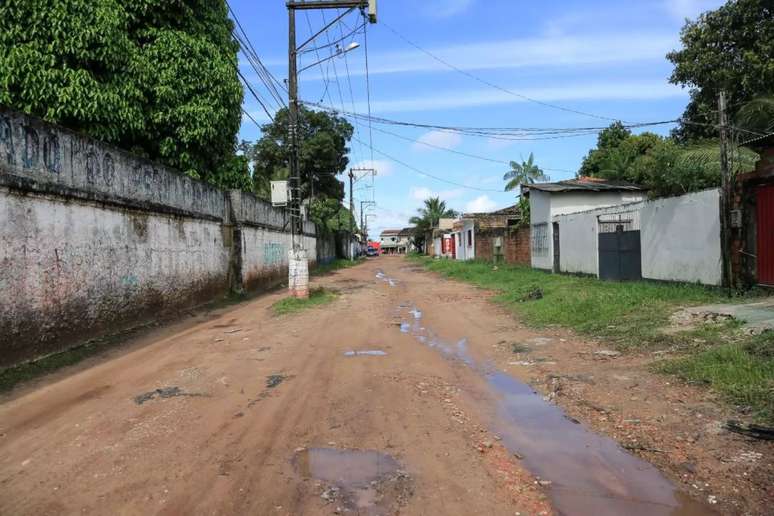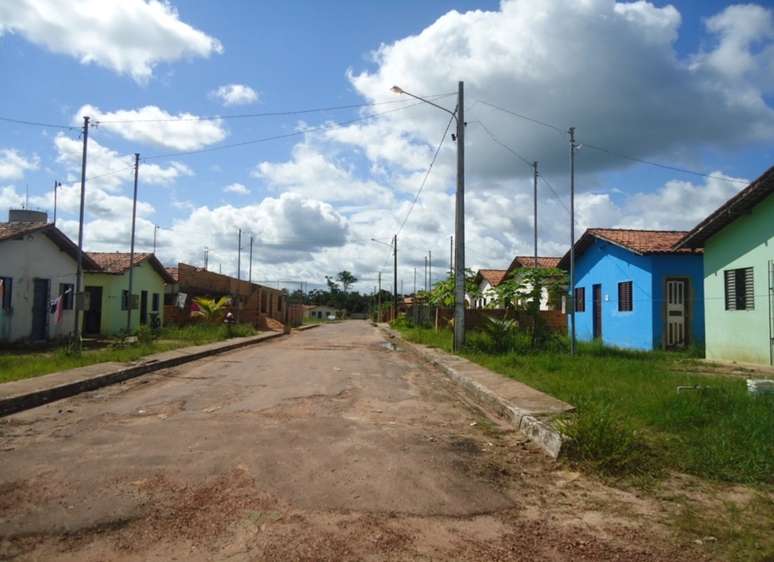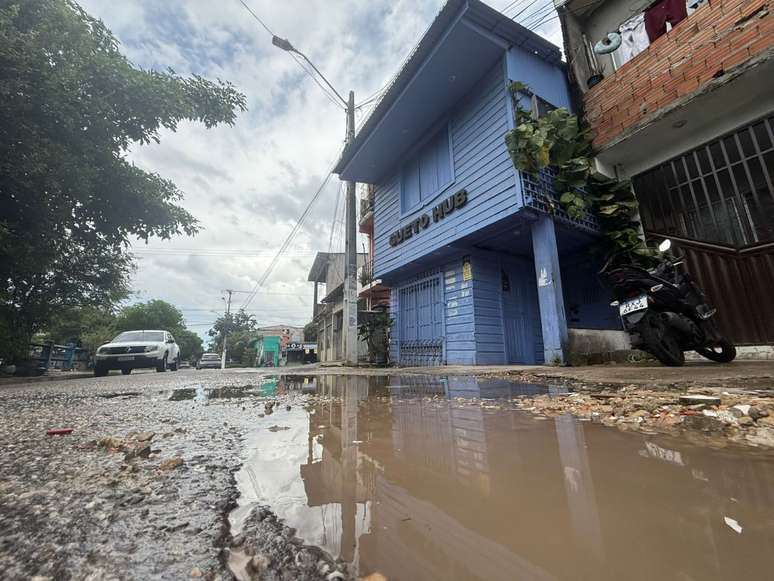Prepared to be presented at COP30, the study reveals racial and territorial inequalities in access to financial resources
Summary
The report shows that the suburbs do a lot with little: they are the ones that support healthcare networks, agroecology, reforestation and food sovereignty, but continue to be the least financed and the least listened to.
Prepared for presentation at COP30, the report Guidelines for climate philanthropy it proves it 82.3% of peripheral organizations carry out actions related to the environmental agenda, but only 15.9% access financing. The report will be presented on November 12th at 6.00 pm CastanhalBelém metropolitan region.
The study brings together data from 113 peripheral organizations from all regions and biomes of the country, as well as qualitative information collected in an immersion with 20 organizations from Recife (PE). This meeting mapped local adaptation practices and social technologies aimed at climate justice.
Half of the peripheral organizations interviewed are informal, without CNPJ. This prevents them from competing in public tenders and accessing the main donation funds. Informality, according to the report, is due to bureaucratic barriers and historical exclusion from institutional funding structures.

How are Recife’s favelas fighting the climate crisis?
During the meeting in Recife, the 20 participating organizations mapped concrete actions to combat climate extremes, such as the presence of sensors and flood warning networks. They found bioconstructions, heat-adapted housing and other solutions.
Among these, green roofs, vegetable gardens, reforestation initiatives, donation and hospitality networks. According to the report, the varied solutions they exist because the suburbs cannot wait for funding. As always, they go to fight.
Guidelines for climate philanthropy was prepared by the PIPA Initiative and the MIRÍ Coletivo. In addition to presenting the report during COP30, the collectives will participate in roundtables and discussions throughout the event.

But ultimately, what explains a report produced in Castanhal?
With the CPO30 knocking on the door, here is the opportunity to get to know the peripheral organizations of young people in Pará. THE Corre’s vision highlighted these initiatives, such as the COP das Baixadas and the Museu de Arte Urbana, in Belém and the metropolitan region, as well as climate activists from within the state.
The report Guidelines for climate philanthropy is produced by the PIPA Initiative and the MIRÍ Collective, made up of teenagers and young people who work in the agricultural village of Itaqui, a rural area of Castanhal (PA), and in the surrounding areas.
They defend socio-environmental agendas through art, culture, technology and community dialogue, developing selective harvesting actions, combating deforestation and environmental education.
Source: Terra
Rose James is a Gossipify movie and series reviewer known for her in-depth analysis and unique perspective on the latest releases. With a background in film studies, she provides engaging and informative reviews, and keeps readers up to date with industry trends and emerging talents.





-1k22aaa6yuxx5.png)
